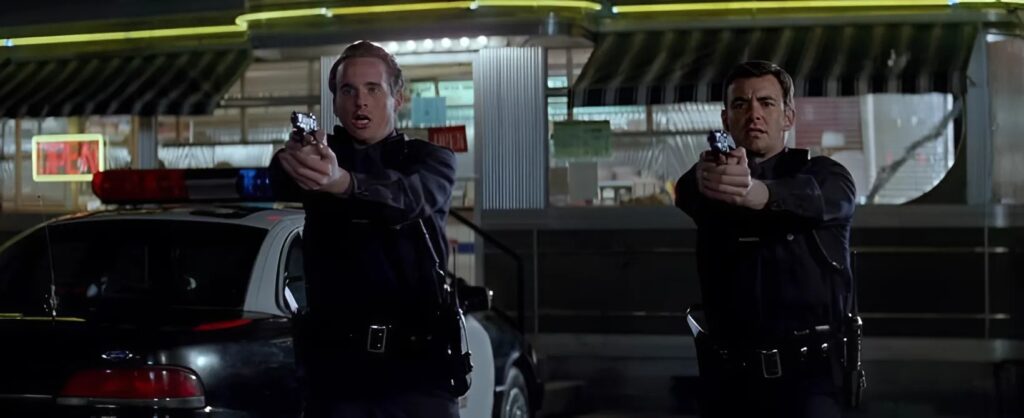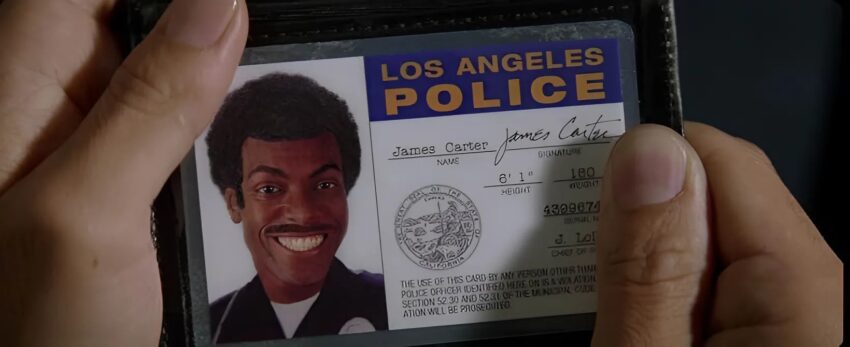Directed by Brett Ratner, Rush Hour (1998) is a high-octane action-comedy that redefined the buddy cop genre with its electrifying mix of martial arts, humor, and cross-cultural chemistry. Starring Jackie Chan and Chris Tucker as mismatched detectives, this global smash delivers non-stop laughs, dazzling stunts, and infectious charm. Over a quarter-century later, Rush Hour remains a wildly entertaining gem that’s as fresh and fun as ever. Buckle up for a wild ride!
The Story: East Meets West in a Race Against Time
When a Chinese diplomat’s daughter is kidnapped in Los Angeles, Hong Kong supercop Lee (Jackie Chan) arrives to assist, only to be paired with loudmouth LAPD detective James Carter (Chris Tucker), who’s more interested in glory than teamwork. As they bumble through a web of Triad criminals led by the shadowy Juntao, their clashing styles—Lee’s precision versus Carter’s bravado—spark chaos and comedy. From Chinatown shootouts to skyscraper showdowns, their unlikely partnership saves the day. It’s a fast-paced, laugh-filled romp with heart.
The Stars: Chan’s Grace, Tucker’s Hilarity
Jackie Chan is phenomenal as Lee, blending jaw-dropping martial arts with boyish charm—his acrobatic stunts, like the chandelier swing, are pure magic. Chris Tucker is a comedic dynamo as Carter, his motor-mouthed riffs and “Do you understand the words that are comin’ outta my mouth?” becoming instant classics. Their odd-couple chemistry is the film’s engine, turning every fight and quip into gold. Supporting players like Tom Wilkinson as a shady diplomat and Elizabeth Peña as a sharp cop add grit, but Chan and Tucker steal the show.
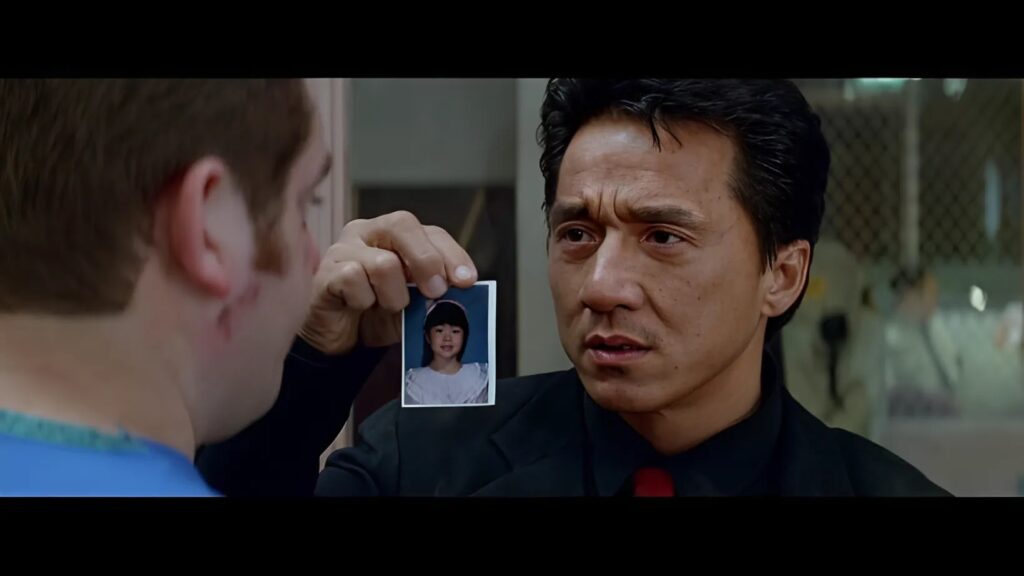
The Craft: Slick, Funny, and Action-Packed
Ratner’s direction keeps Rush Hour lean and lively, balancing Chan’s stunt-driven action with Tucker’s verbal fireworks. The 98-minute runtime zips by, with L.A.’s neon-lit streets and Chinatown alleys vividly captured by cinematographer Adam Greenberg. The fight choreography, led by Chan, is a masterclass—every kick and flip feels thrillingly real. Lalo Schifrin’s funky score, paired with a banging ‘90s soundtrack (from Dru Hill to War’s “What Is It Good For?”), pumps up the vibe. It’s a polished, crowd-pleasing package that nails the genre’s sweet spot.
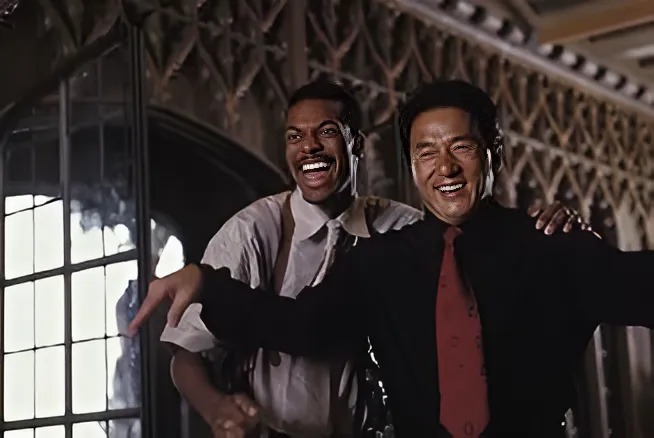
Why It Slaps
Rush Hour is a masterclass in buddy cop fun, with Chan and Tucker’s culture-clash dynamic delivering endless laughs and thrills. The action pops—think bus chases and rooftop brawls—while the humor, from Carter’s dance moves to Lee’s fish-out-of-water gags, is endlessly quotable. Beneath the chaos, the film’s themes of trust and friendship resonate, making you root for this unlikely duo. It’s the kind of movie you watch with friends, howling at Tucker’s one-liners and gasping at Chan’s stunts, then quoting it for days.
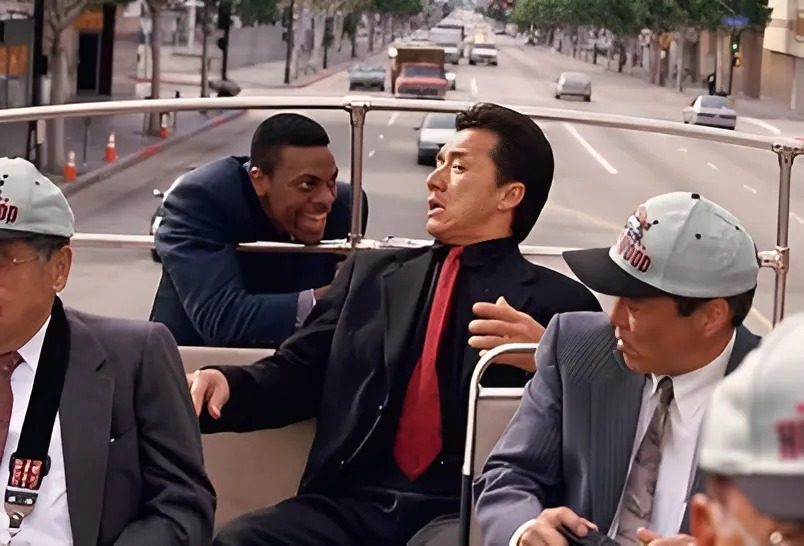
Why It Stumbles
The plot leans on familiar crime-thriller tropes, and some secondary characters, like the kidnappers, feel underdeveloped. A few of Carter’s riffs, while hilarious, push cultural humor to the edge, which might not land for all viewers today. Still, these are minor speed bumps in a film that’s too fun to fault.
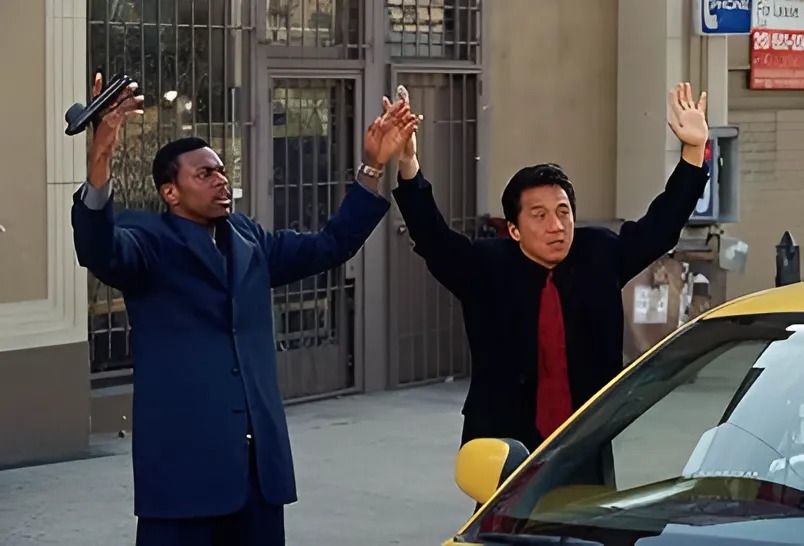
Legacy and Vibe Check
A box office juggernaut, Rush Hour grossed over $244 million and spawned two sequels, cementing Chan and Tucker as a legendary duo. For American and English-speaking audiences, it blended Hollywood flash with Hong Kong action, broadening Chan’s global stardom and making Tucker a comedy icon. Its influence echoes in later action-comedies like The Nice Guys. Perfect for a pizza-fueled movie night, Rush Hour is a timeless crowd-pleaser that never slows down.
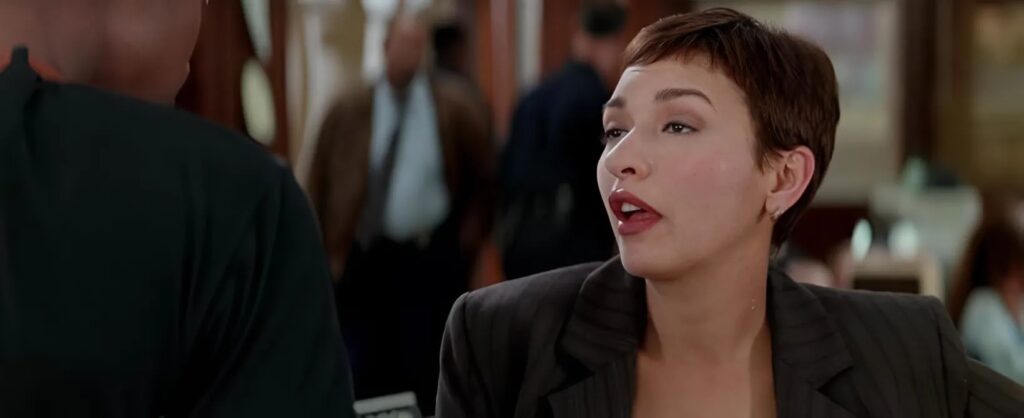
Rating: 4.5/5 Stars
Rush Hour is a hilarious, action-packed joyride driven by Jackie Chan and Chris Tucker’s unmatched chemistry. It’s a buddy cop classic that delivers laughs and thrills in spades.
